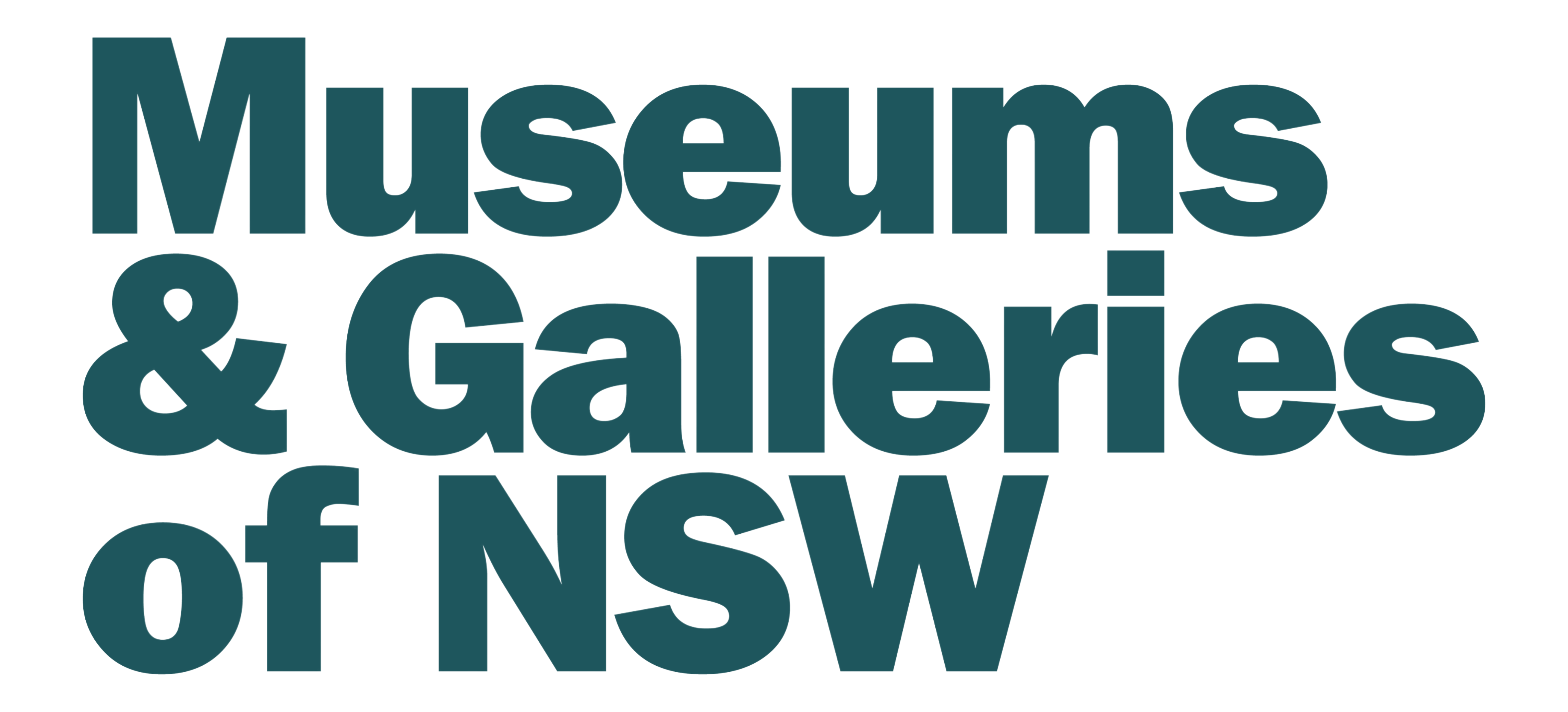Project management of grants
What is project management?
Project management is the process and activity of planning, organising, and controlling resources (human, financial and physical) and procedures to achieve a specific goal or outcome.
A project differs from day-to-day business by being defined as a temporary endeavour designed to produce a unique product, service or result. Projects usually have timeframes and are often funded separately from normal museum or gallery activity.
Building the project team
Start by getting together as a group to identify the skills required to make the project a success. Allocate staff or volunteers to each area and list their specific responsibilities, the tasks involved and who and how reporting will occur. Most commonly, updates are provided either at a group meeting and, or through written reports.
There will need to be a project manager who will coordinate tasks and work with other staff in order to manage the project.
If there are skills that fall outside the expertise within the museum or gallery explore the options for co-opting people in the broader community to be involved in the project.
Project Manager
The project manager is the person who oversees the entire project. The project manager requires the support of the group and must be given authority to delegate tasks, allocate funds and expect timely reporting in order to keep the project on track.
Before embarking on a major project ensure that everyone, including the project manager, understands this role and the processes involved in coordinating the project.
Coordination
At the beginning of the project, assemble a timeline for the project ensuring it’s achievable and that team members can meet their deadlines. Work through it as a group to identify the key points at which things need to happen before moving onto the next stage. Schedule meetings to coincide with these progress reports to review and reschedule if necessary. Continual review and assessment is a critical aspect to on-time delivery of projects.
It always takes longer than you think
When planning your project, be realistic with the timeline, and be aware that even simple tasks take time. Schedule in time slots that team members have available – this is especially important in volunteer organisations where people aren’t available full time. A task that would normally take 5 hours, may take 2 weeks for completion due to the limited nature of the volunteer’s time.
Keep in contact
It is important to keep in contact with all members of the project team. It is equally important to keep in contact with the funding body. Alert the funding body of problems such as, delays in project delivery or difficulty in completing acquittal documentation etc., as they arise. Some funding bodies provide advice and support and are experienced in all aspects in project management – don’t be hesitant to discuss your challenges with them.
Contact us
Museums & Galleries of NSW is able to provide support and guidance on sourcing consultants & suppliers, along with developing and managing projects. Feel free to contact us if you need further advice about your project.
Project management of grants